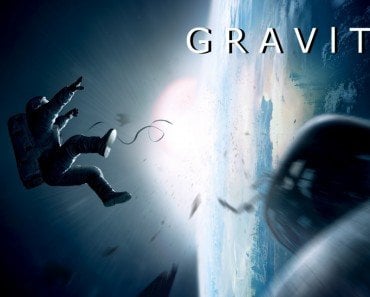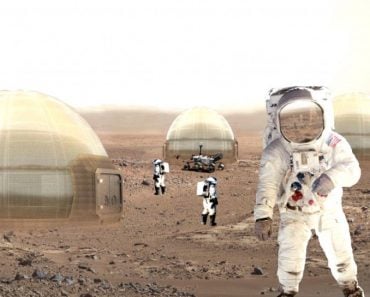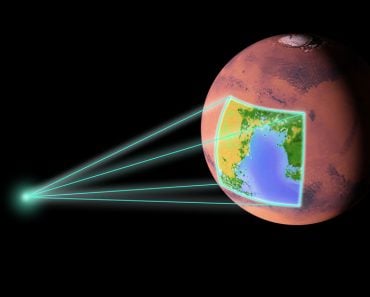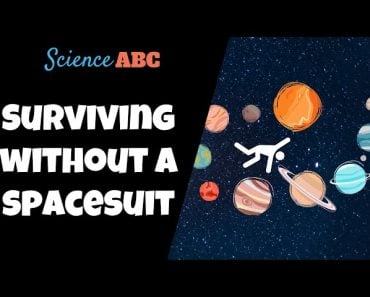Table of Contents (click to expand)
The Martian is a realistic portrayal of what it would be like to live on Mars. However, there are a few inaccuracies in terms of the gravity and atmosphere of Mars. Additionally, the method of synthesizing water shown in the movie is not the most efficient way to do so on Mars.
The Martian a space thriller featuring Matt Damon, was released in 2015 and gained worldwide attention for its scientific accuracy. However, like any other movie, there are inaccuracies as well.
Dr. Robert Zubrin, an aerospace and astronautics engineer, commented on some aspects portrayed in the movie that are borderline unrealistic.
While the movie became famous for being the first realistic Mars movie involving humans and receiving praise from NASA scientists, it is essential to consider both the aspects that the movie got right and those that are not feasible in real life.”
Recommended Video for you:
The Shelter
The makeshift shelter where Mark Watney (Matt Damon’s character) lives during his stint on Mars is quite realistic.
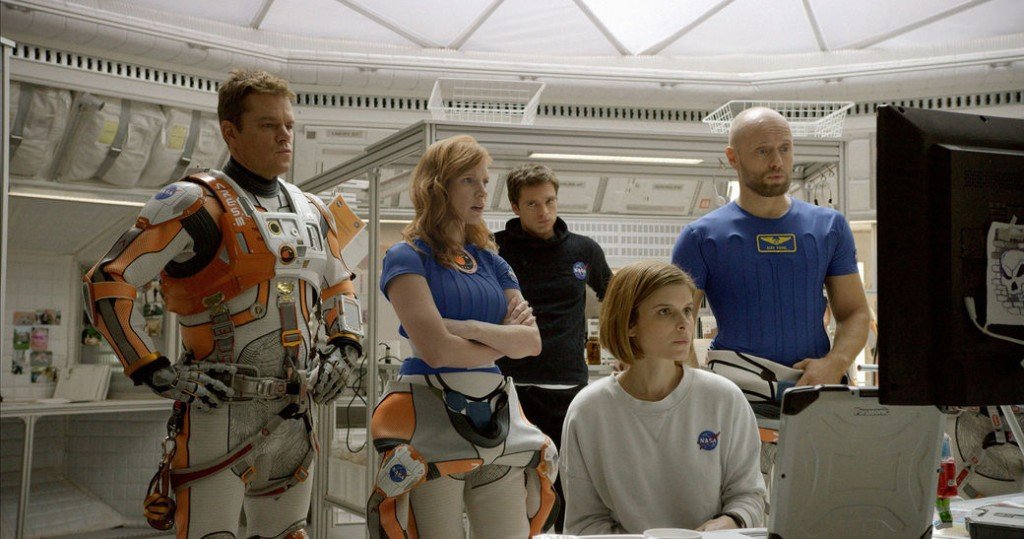
In fact, NASA is seriously considering attaching a Bigelow Aerospace module to the ISS, with a basic design that is not too different from the one they showed in the movie; it won’t be quite as fancy, but it’ll serve the same purpose!
The Storm
The atmosphere of Mars is much thinner than that of Earth, so the air on Mars is not as dense as the air on Earth.
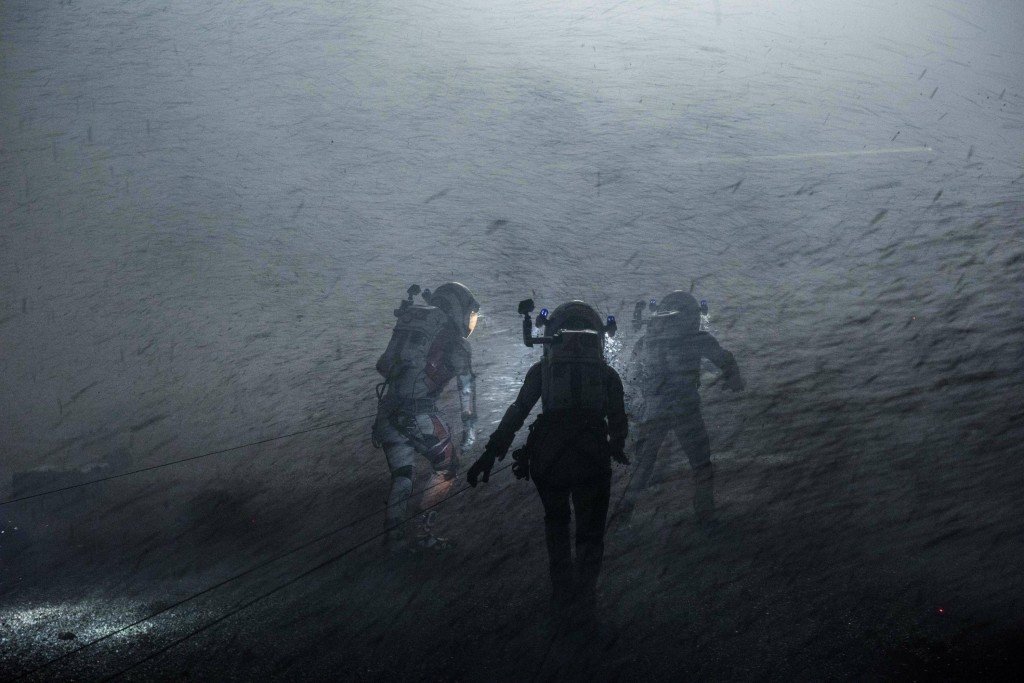
To give you a better idea, a 100 mph wind on Mars would feel just like an 11 mph breeze on Earth. This kind of wind wouldn’t even mess up your walk on Earth, let alone lift you up like the scene in the movie.
Andy Weir, who wrote the book the movie is based on, also agrees that the storm shown in the movie was blown way out of proportion. (pun intended)
Time Taken To Travel To Mars
The movie did an excellent job of portraying space travel accurately. Unlike most other space movies prioritizing dramatic effects over realistic depictions of space journeys, The Martian got it right by showing that it would take approximately eight months to reach Mars using current technology.
Gravity
Did you know that gravity on Mars is almost one-third of what we experience here on Earth? This means that if you weigh 90 pounds on Earth, you would weigh roughly 30 pounds on Mars!
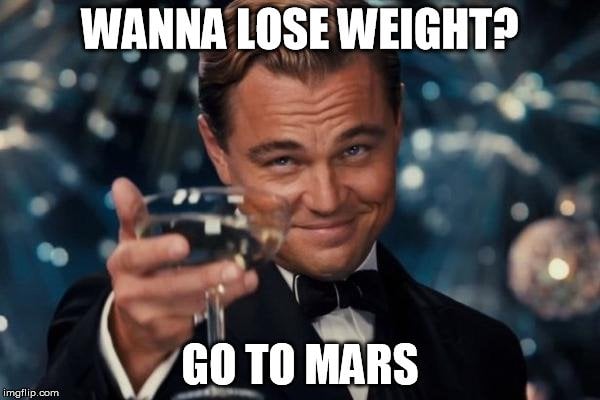
This difference in gravity would make everyday activities such as walking and climbing ladders much easier on Mars, as it would require less exertion.
Even wearing astronaut gear, you wouldn’t feel as heavy as on Earth. In fact, in one particular scene, Mark is seen climbing a ladder on Mars and exerting himself, but in reality, it would require much less effort due to the planet’s lesser gravity.
Synthesizing Water
Mark used hydrazine from the rocket fuel and separated it into its two constituent elements, nitrogen and hydrogen. He then combined hydrogen with cabin oxygen to create water. The movie accurately depicted this process as a viable way to generate water.
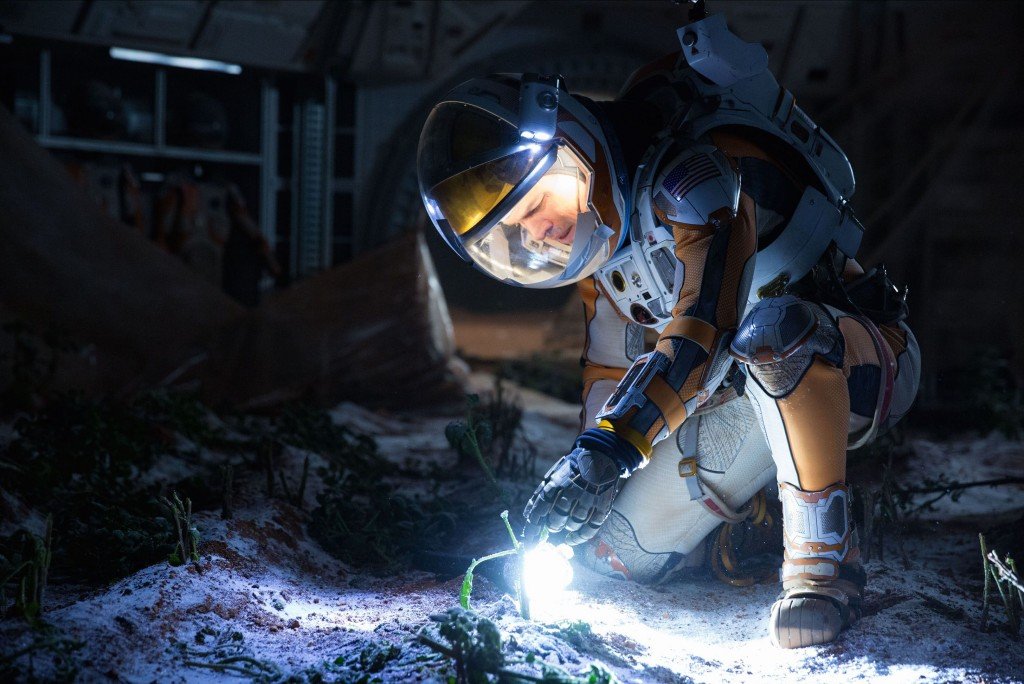
However, if you were stranded on Mars, extracting water from the soil would be more efficient. Martian soil contains about 5% water by weight at low latitudes and up to 60% near the poles.
This method is less resource-intensive and significantly improves your chances of survival, eliminating the need to use rocket fuel to produce water.
Window-less Rocket
Towards the end of the movie, Mark straps himself into a rocket, which happens to be his only chance to survive, but there’s a catch – the rocket is window-less! Can you imagine being shot away into space in a rocket that doesn’t have any windows?
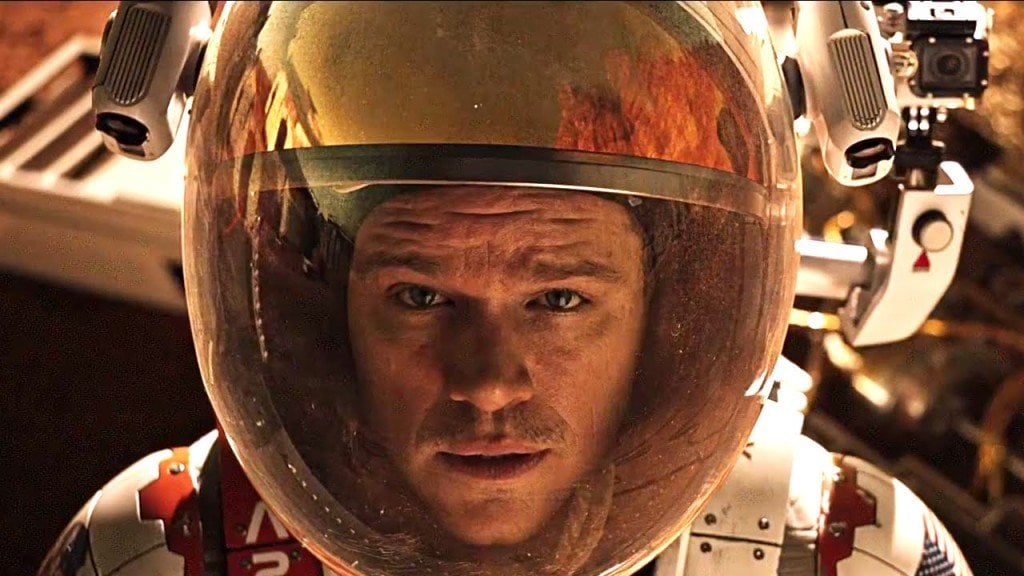
Well, scientifically, it’s plausible. The Martian atmosphere is pretty thin, which means that you can get high enough through the atmosphere before it actually starts to become a threat to your survival. Everything depends on the thrust profile of the rocket, and as the calculations seem alright (in the movie), then yes, it may just be possible.
The Toilet Issue
Admittedly, this is a little odd. In the movie, they show that the fecal matter of astronauts has been sealed individually and then stored for later study. The most efficient way to deal with that stuff would be to bag and seal it and ultimately burn it once a day. Obviously, it will be more useful if it’s treated through a number of processes and turned into fuel (this will take extra effort, but you’ll have plenty of time if you’re stranded on Mars).
However, packing and storing everyone’s fecal matter for later study? That doesn’t sound too practical.
Science Behind Growing Potatoes
The most remarkable part of the entire movie was Mark’s idea to grow potatoes on Mars! Is it even feasible?
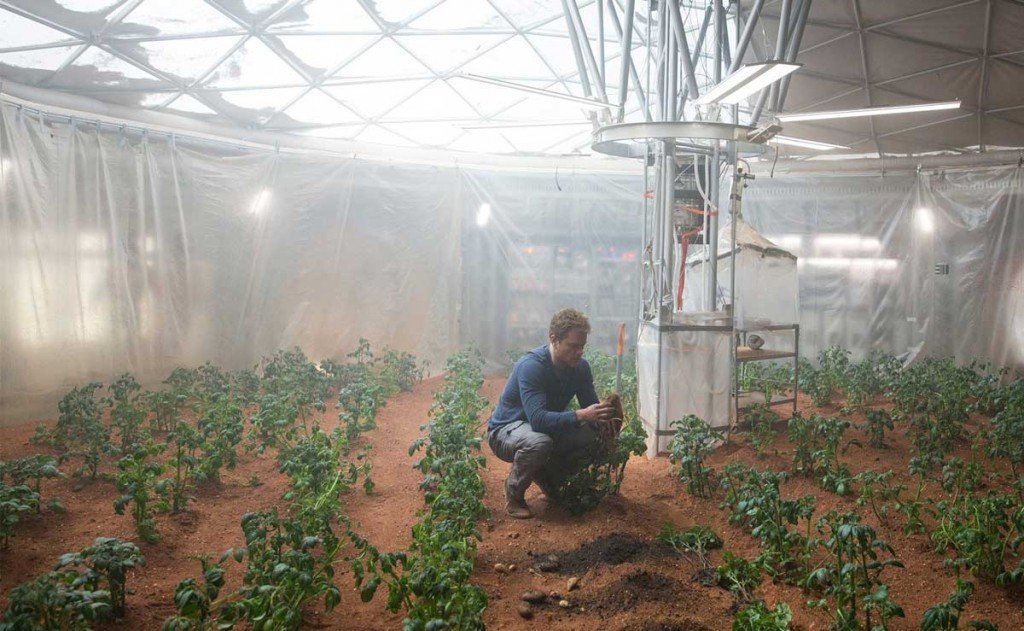
The biggest challenge with that concept is soil quality since Mark had already considered other crucial factors.
However, regarding primary chemical and mineral content, it is possible to cultivate potatoes on Mars. In fact, NASA researchers are conducting experiments using simulated Martian soil.
Apart from this, the movie has some genuinely awe-inspiring scenes that set it apart from other space thrillers. The idea of a man going to Mars and surviving alone is enough to give anyone goosebumps. It also carries an important message for movie-goers: no matter how daunting the situation may appear, there is always hope.
Last Updated By: Ashish Tiwari
References (click to expand)
- Nine Real NASA Technologies in 'The Martian'.
- A 'Martian'-inspired science project: Growing potatoes in ....
- Sands, J. (2018, January 2). Technical filmmaking and scientific narratives: Has science overtaken fiction in recent science fiction? An analysis of Gravity, Interstellar, and The Martian. South African Journal of Philosophy. Informa UK Limited.
- Moss-Wellington, W. (2020, March 16). Individual and Collaborative Labour in the Space Crisis Movie: From Apollo 13 to The Martian. Quarterly Review of Film and Video. Informa UK Limited.
- Northwestern's McCormick School of Engineering.


